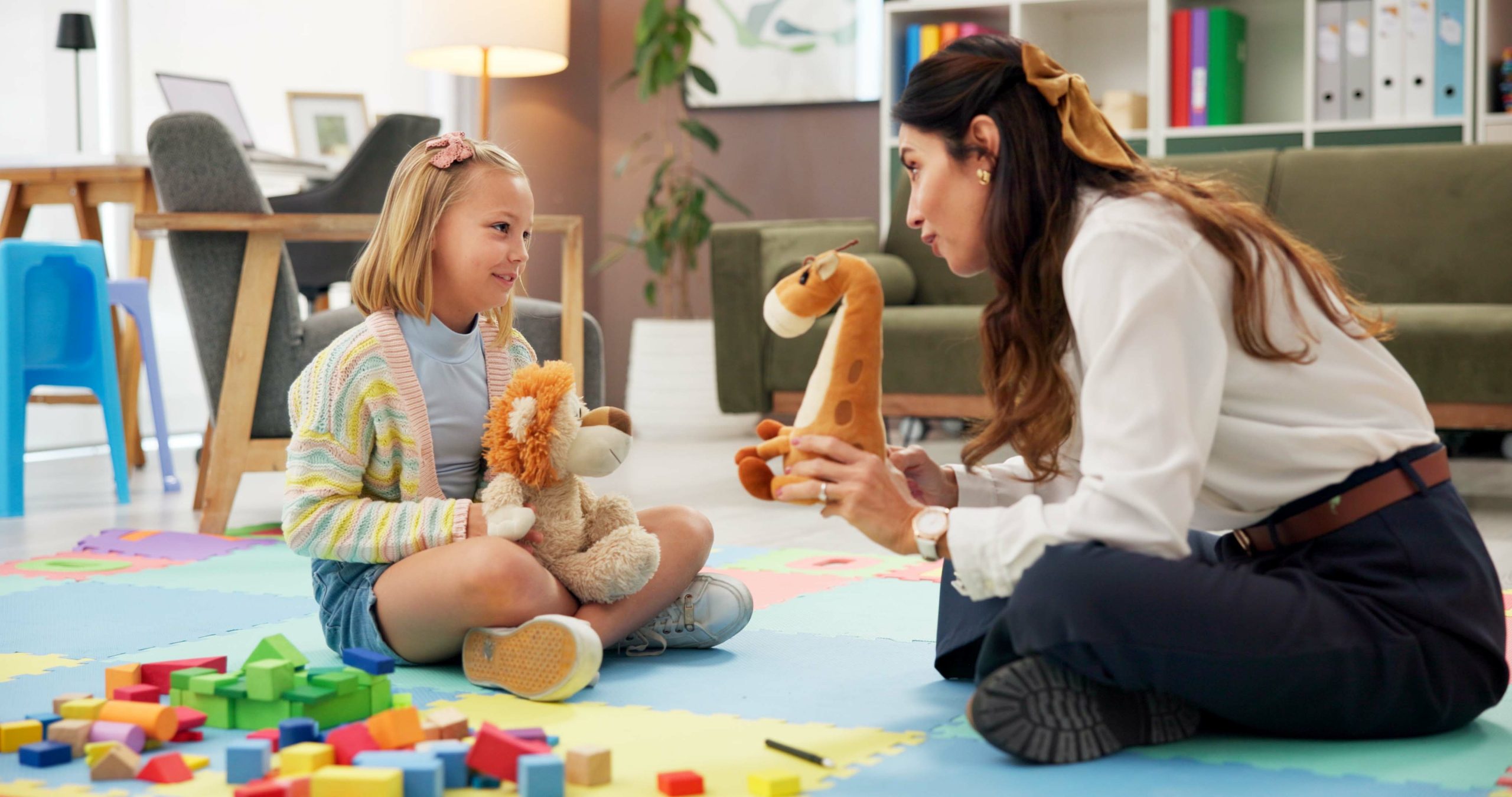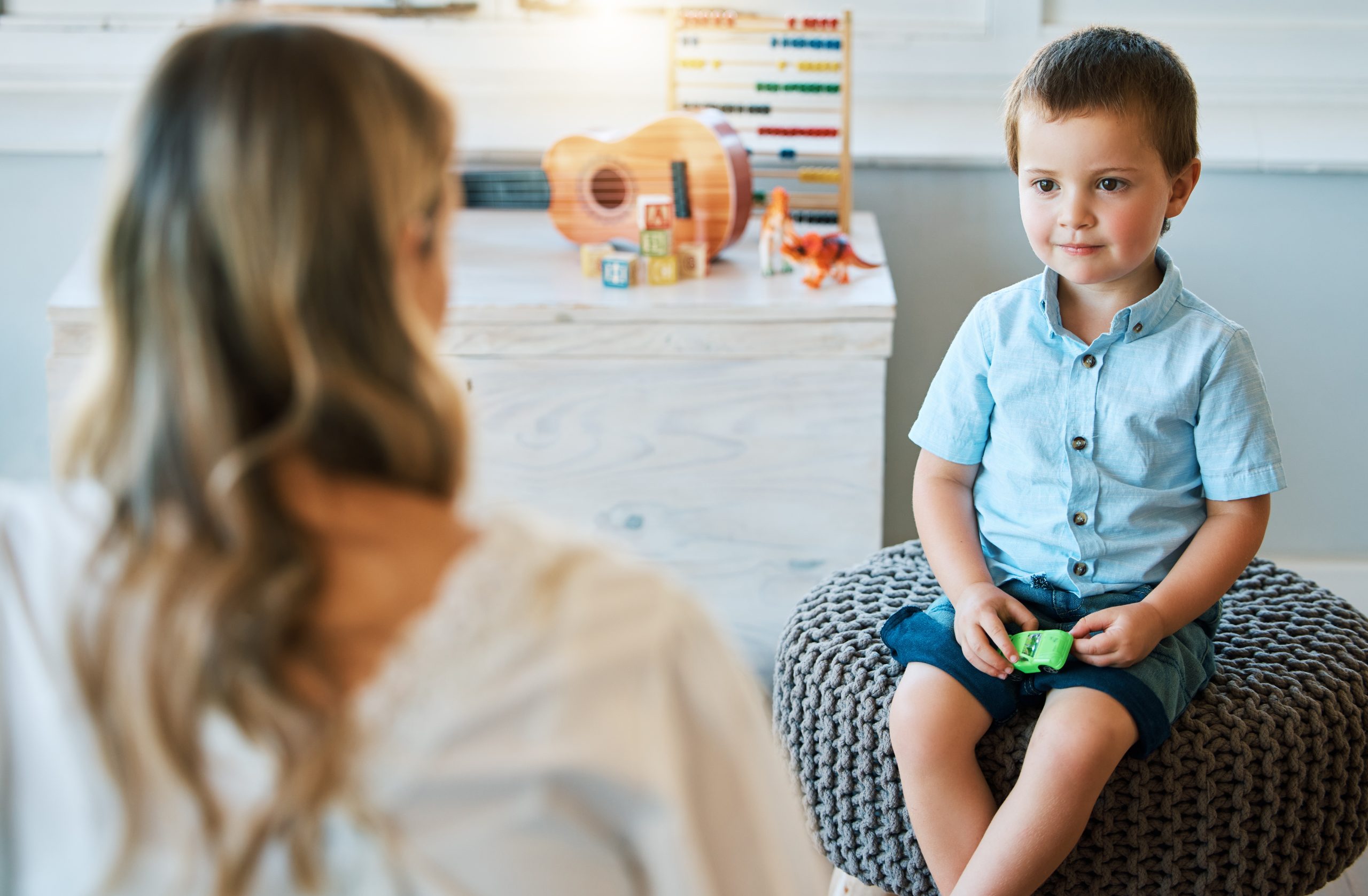There are times in a child’s life when something just doesn’t feel quite right. As a parent, teacher, or GP, you might notice a shift—a child who was once confident becomes withdrawn, or a student who could focus suddenly struggles to sit still. Maybe they’re having outbursts that weren’t there before, or they’ve stopped wanting to go to school altogether.
These changes can be confusing, especially when children can’t easily put into words what they’re feeling. Sometimes it’s subtle. A tummy ache that keeps returning. A child who cries more than usual or doesn’t seem to enjoy play like they used to.
If these difficulties go on for a while or start to affect daily life—at home, in the classroom, or with friends—it might be time to speak with a psychologist. Teachers and GPs are often the first to spot these things, and your observations matter. When support at home or school isn’t enough, therapy with a qualified children psychologist in Melbourne can offer insights into what’s going on beneath the surface.
How to Choose the Right Therapist for Your Child

Choosing the right therapist isn’t just about credentials—it’s about how the child feels in the room. Do they feel safe, even if they don’t speak much yet? Can they be themselves, even if they don’t fully understand why they’re there?
Some children need play-based sessions; others might prefer to talk. The important thing is that the therapist knows how to listen to what’s being said—and what’s not being said.
Different therapists work in different ways. Some offer strategies and plans. Others, like myself, work more relationally and psychodynamically. That means we explore what’s happening beneath the behaviour—patterns, emotional responses, early relationships that may still be playing out today.
If you’re a parent searching for a psychologist in Hawthorn, Kew or Belgrave to work with your child, it’s okay to ask questions like:
- Have you worked with children of this age before?
- How do you support kids with anxiety or strong emotions?
- Will I be involved in the sessions too?
Most importantly, trust your sense of the person. Children pick up on things quickly. Feeling safe with the therapist is the first and most important step.
Psychodynamic vs. Cognitive Therapy
Parents are often unsure what type of therapy their child needs. Should it be structured and goal-oriented, or something gentler and open-ended?
Cognitive behavioural therapy (CBT) is helpful for specific issues—like phobias, panic, or school refusal. It’s practical and works on thoughts and behaviours, often in a short time frame.
Psychodynamic therapy, on the other hand, gives space to wonder why the problem is there at all. It looks at relationships, feelings, and early experiences. In children, this might show up in how they play, the characters they draw, or the words they repeat.
Some families find CBT helps with immediate coping. Others find psychodynamic work speaks to something deeper, especially when the issue feels stuck or tied to the child’s sense of self.
It’s not a matter of which is “better”—it’s about what the child needs right now.
Why Early Intervention Matters in Mental Health

When a child is struggling, it’s easy to hope it will pass. And sometimes, it does. But other times, waiting too long can make things harder—not just for the child, but for the whole family.
Early intervention doesn’t mean rushing. It means creating space to talk, feel, and be listened to before things become more entrenched. When children get support early, they can learn ways of being that feel safer, more flexible, and more connected.
Therapy at a young age can help a child feel understood before they learn to hide what hurts. It’s about offering support before the child begins to believe something is wrong with them.
If you’re worried about your child, it’s okay to ask for help. It’s not a failure—it’s a strength to notice that something needs care.
What to Expect in Your First Therapy Session with a Psychologist

The first session with a psychologist in Kew, Hawthorn or Belgrave is a beginning. It’s a place to speak about what’s been happening and why you’ve come. Depending on the child’s age, we might meet just with the parent first, or together with the child.
There might be questions about your child’s development, school life, family history, or changes in routine. But we’re not just gathering information—we’re also paying attention to the feel of the room, the pace, the comfort, the silences.
Some children speak straight away. Others need time. Some play. Some listen. There is no right way. The important thing is that we start.
In therapy, we’re not here to “fix” your child. We’re here to explore what the feelings or behaviours are trying to say. Therapy offers a space to notice things together, loosen things that feel tight, and find new ways to move through difficult moments.
